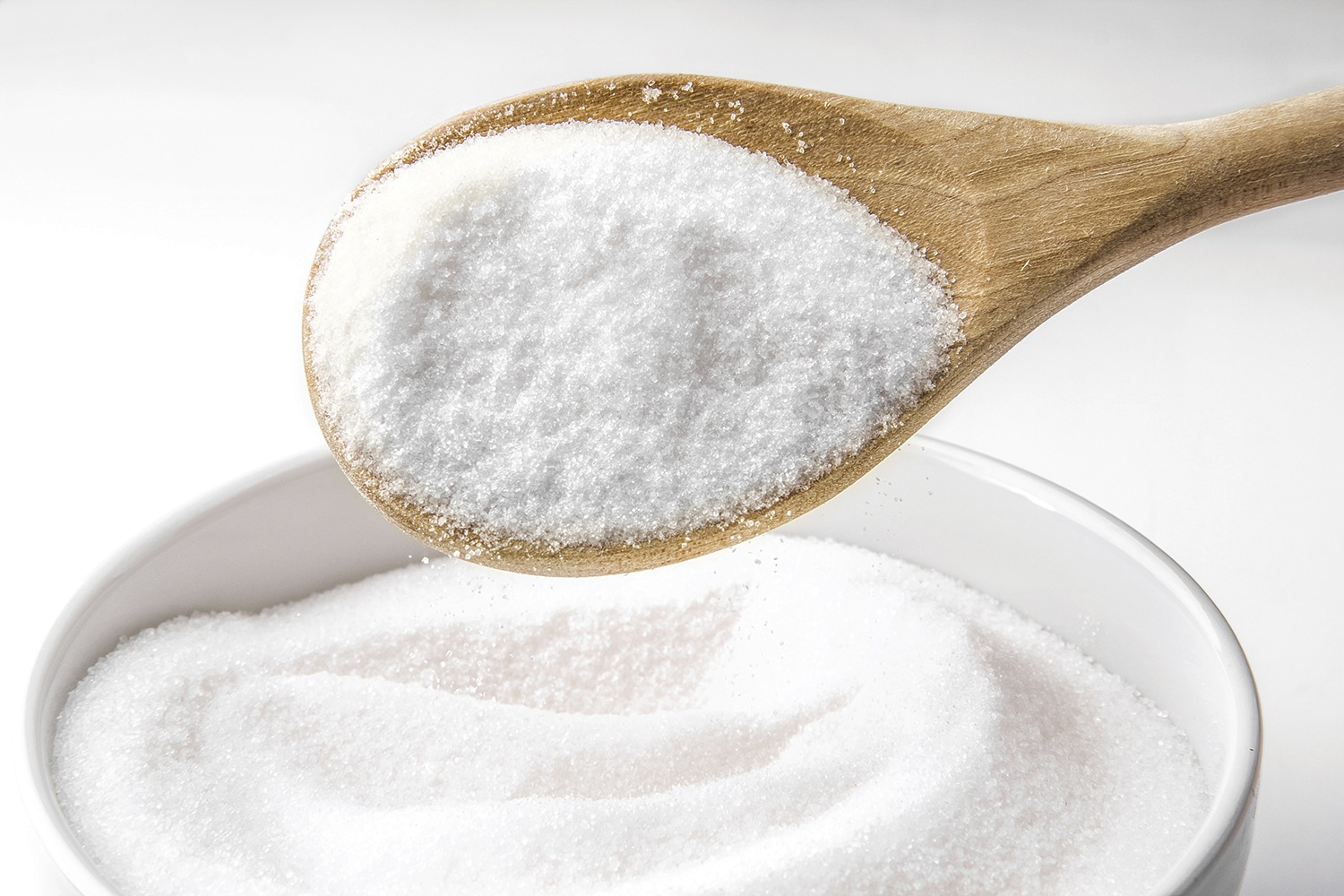It’s hard to imagine dumping 15 or 16 teaspoons of sugar into your coffee or over your morning cereal. Yet, every day, half of all Americans gulp down soda, many of them taking in this amount of sugar or more in a typical 20-ounce bottle.
Serve Up Some Infused Water
For a thirst quencher, nutritionists often recommend the natural choice—water—over sweetened drinks. To perk up water with a little flavor, add any of the following ingredients to a pitcher of cold water.
- Sliced citrus fruits or zest (lemon, lime, orange, grapefruit)
- Crushed fresh mint
- Peeled, sliced fresh ginger or sliced cucumber
- Crushed berries
Source: Harvard School of Public Health Nutrition Source
A study published in the December 2013 Cancer Epidemiology, Biomarkers & Prevention found that sugar-sweetened beverage consumption may increase the risk for type I endometrial cancer, the most common form of the disease. Analyzing questionnaires from more than 23,000 postmenopausal women who participated in the Iowa Women’s Health Study, researchers identified 506 cases of type I endometrial cancer. They found that women who reported drinking the most sugar-sweetened beverages had a 78 percent higher risk of type I endometrial cancer than those who reported not drinking them.
The results don’t surprise Maki Inoue-Choi, an epidemiologist at the National Institutes of Health who led the study. “Obesity and type II diabetes are obvious risk factors for type I endometrial cancer,” she says. “Sugar-sweetened beverages are associated with obesity and type II diabetes.” Inoue-Choi cautions that this was the first study to show an association between sugary drinks and this type of cancer and that more studies are needed to draw definitive conclusions.
Few studies have linked sugar consumption to specific types of cancer, but several have shown that increased sugar consumption is associated with type II diabetes and obesity—risk factors for several cancers, including pancreatic, endometrial and colorectal cancers. As a result, several cancer organizations, including the American Institute for Cancer Research and the American Cancer Society, recommend limiting consumption of sugar, including sugar-sweetened drinks, as a way to lessen cancer risk.
Cancer Today magazine is free to cancer patients, survivors and caregivers who live in the U.S. Subscribe here to receive four issues per year.





